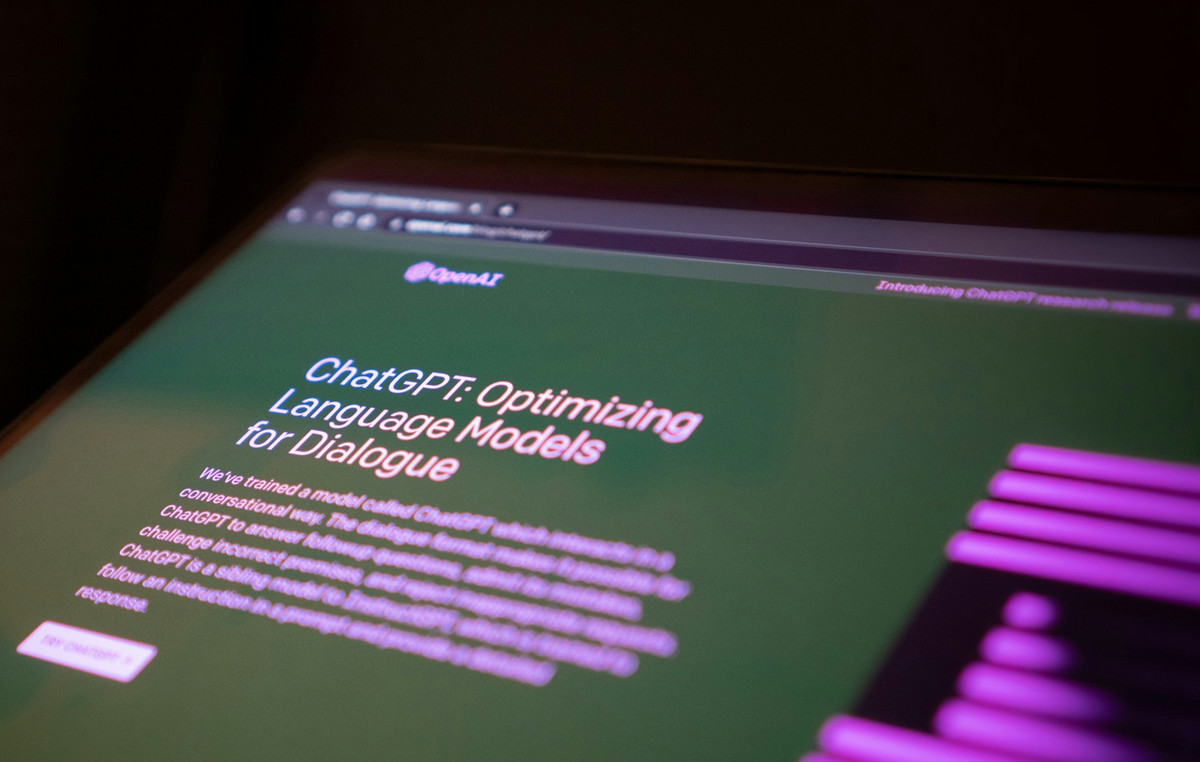The Peruvian Congress unanimously approved the impeachment of President Pedro Castillo, accused of corruption, after he attempted a self-coup.
Hours before the vote, Castillo dissolved the Legislative and Judiciary powers, called elections for a constituent assembly and decreed a state of exception, which includes a curfew. Crucially, the Armed Forces and Police did not support the coup.
Castillo announced the measures on national television, hours before suffering the third vote for his impeachment in Parliament, in which the opposition has a majority. Members of the government and people close to the president are accused of corruption, including his sister-in-law, Yenifer Paredes, sentenced in August to 30 months in prison.
As with the Argentine vice-president, Cristina Kirchner, in Peru too, part of the left claims that Castillo is a victim of “lawfare”, the political use of justice.
The unicameral Congress went ahead with the impeachment vote, after the president of the Constitutional Court (equivalent to the Federal Supreme Court), Francisco Morales, stated that the “coup d’état” would not prosper. The command of the Armed Forces issued a statement with similar content.
The Peruvian constitution provides that the president can dissolve parliament and call elections within four months after Congress passes two motions of no confidence in the government. This rite was not observed. In addition, Castillo went further and dissolved the Judiciary, which would exactly be responsible for arbitrating whether the dissolution was constitutional or not. Finally, the president called a constituent assembly, which would need to have been approved by Parliament.
Peru really needs a new Constitution. The ease with which Congress can impeach an impeachment and the president dissolve it, combined with endemic corruption, has made the country ungovernable. Castillo’s predecessor, Pedro Pablo Kuczynski, resigned to avoid impeachment.
He and his three predecessors were accused of corruption in connection with Lava Jato investigations into the contracts of Brazilian construction company Odebrecht in Peru. Like Castillo, PPK, as it is known, did not have a majority in Congress, controlled by opposition leader Keiko Fujimori.
By approving the impeachment, Congress announced that vice-president Dina Boluarte will assume the presidency. Although she was an ally of Castillo, she had denounced the coup, as had cabinet ministers.
The term “autocoup” emerged in Peru itself, in 1992, when then-President Alberto Fujimori dissolved the Legislative and Judiciary powers. The difference is that he had support from the Armed Forces. Fujimori would rule until 2000, when he was accused of corruption and human rights violations, crimes for which he was sentenced to prison.
Ironically, Castillo’s impeachment was spearheaded by the former dictator’s daughter, opposition leader Keiko Fujimori. She was defeated by Castillo in the second round last year by a tiny difference: 50.2% to 49.8%.
Source: CNN Brasil
Bruce Belcher is a seasoned author with over 5 years of experience in world news. He writes for online news websites and provides in-depth analysis on the world stock market. Bruce is known for his insightful perspectives and commitment to keeping the public informed.







